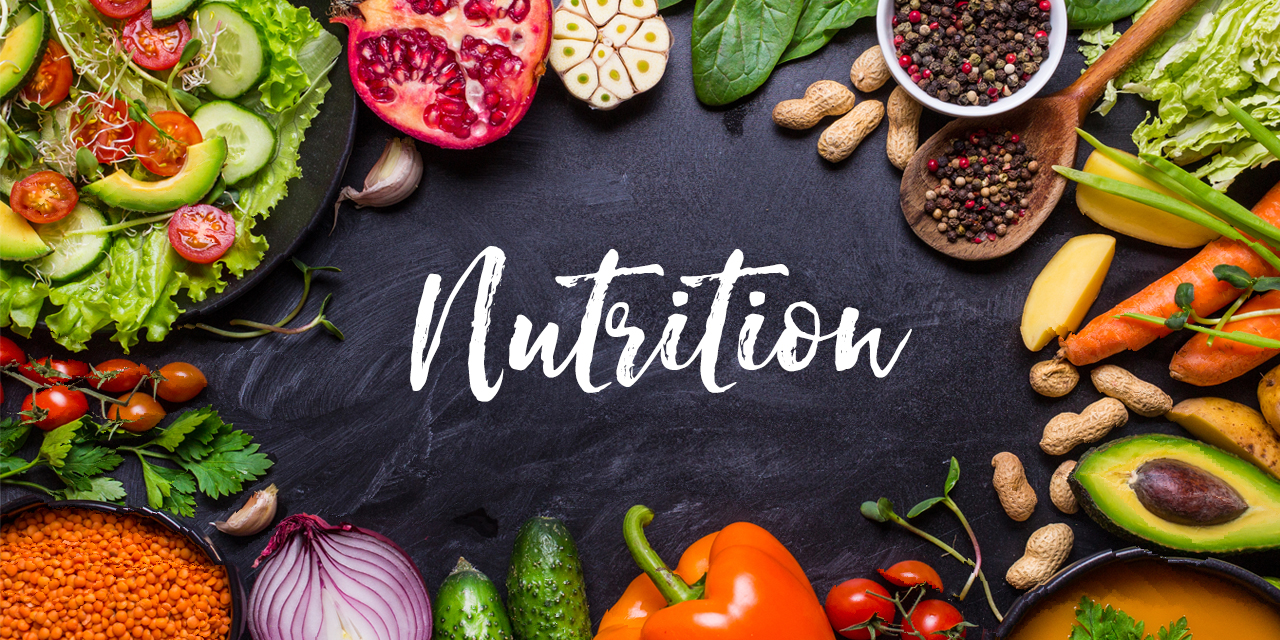Forget drastic changes and restrictive diet plans. Better health can be easy when you find what works best for you, says Kaiser Permanente physician L. Marie Walsh, MD. As a family physician, she sees firsthand how nutrition affects our health at every age. Here she offers simple guidance you can use to plan your next meal.
Forget Fad Diets
The old adage is true: If it sounds too good to be true, it probably is. “Fad diets usually have some sort of gimmick and make promises of easy, fast weight loss,” said Dr. Walsh. “But most don’t result in long-term success because they’re not sustainable.” Fad diets tend to eliminate certain food groups, which can lead to nutritional deficiencies or leave you feeling deprived.
Fuel Your Body
The food you eat impacts how well your body functions. In the short term, proper nutrition gives you energy and improves your mood. Long-term eating of processed foods can lead to inflammation, which is associated with diabetes, Alzheimer’s disease and hypertension. Seek out foods that fight inflammation and prevent disease, such as leafy greens, berries and fatty fish. “It’s cliché but it’s true—you are what you eat,” she said.
Eat Real Food
Reduce the amount of food you eat from a package. Most packaged foods are highly processed, meaning they contain few nutrients your body can use. And beware of the food marketer who slaps labels like “gluten free” or “all natural” on a processed food in order to boost sales. Additionally, avoid “miracle” supplements that claim to have harnessed the benefits of a naturally-occurring substance. Once the substance is refined, it rarely contains the benefits and can sometimes do more harm than good. So stick with what works–eating real food. “All the nutrition you need should be coming from the food you’re eating,” she said.
More Plants, Less Meat
Most Americans eat a diet high in animal-based proteins and dairy. This can be part of a healthy diet, but consider including more fruits and vegetables as well as alternate sources of protein. “I don’t ask my patients to quit eating meat,” Dr. Walsh said. “Eating beef three times a week is probably okay, but eating it every day—or for every meal most days—tells me you probably aren’t getting a lot of the nutritional benefits of a plant or fish-based protein.”
Eat Consciously (i.e., no mindless munching)
“Let’s face it, food isn’t just nutrition,” Dr. Walsh said. “It’s also about emotions.” Whether it’s bonding over birthday cake or connecting over a shared love of bacon, certain foods are part of our culture and rituals. Diets that forbid you from enjoying the foods we find delicious aren’t sustainable. Besides, depriving yourself of a favorite food today typically results in over-indulging later. “I love McDonald’s French fries,” she said. “So once a month, I make a conscious decision to hit the drive-thru. And I savor the indulgence.”
Call in a Professional
The best diet is one you can stick with. According to Dr. Walsh, this depends largely on the individual. “Research on nutrition is always changing, and sometimes what’s best for one person doesn’t work for another,” she said. “That’s why I often recommend my patients see a Kaiser Permanente nutritionist, who can look at their individual needs and give them an honest assessment of their habits.”
Keep It Simple
“If it’s not simple, you’re not going to stick with it. It has to be practical for you and your family. You have to choose the foods that can easily be incorporated into your life.”
Beans: The Underestimated Power Food
What does Dr. Walsh wish everyone would eat more of? Beans, of every variety!
“Beans really are magical. They are a powerhouse of nutrition, with protein, fiber and many key nutrients. Add a half cup of beans of any variety to your weekly meal plan, and your health will improve.”
Eat More Beans For…
• Better gut health. “There’s a lot of talk in nutrition about probiotics, but beans are the original pre-biotic, meaning they foster and promote good gut bacteria.”
• Weight loss. Beans help you feel fuller, longer.
• Disease prevention. Beans can help stabilize blood sugar and reduce cholesterol.
• A smaller grocery bill (and better environment). “Beans cost pennies to serve and are water efficient, frost hardy and have a low carbon footprint.”
Visit www.pulses.org for information about incorporating beans into your diet.
Add These Foods to Fight Inflammation
• Whole grains (brown rice, quinoa,whole wheat)
• Protein (legumes, chicken, turkey, white fish, wild salmon)
• Vegetables (leafy dark greens like spinach or kale, broccoli, cabbage, sweet potatoes, mushrooms)
• Fruits (papaya, blackberries, cranberries, strawberries, raspberries)
• Fats and oils (flaxseed, olive oil)
• Herbs and spices (ginger, garlic, turmeric)
Adapted from www.kp.org/nutrition
A Colorado transplant, Carie Sherman is a freelance copywriter who helps healthcare organizations and nonprofits communicate better. She has written for a variety of publications, including Good Housekeeping and Colorado Parent. To comment on this article, send an email to letters@nocostyle.com.






